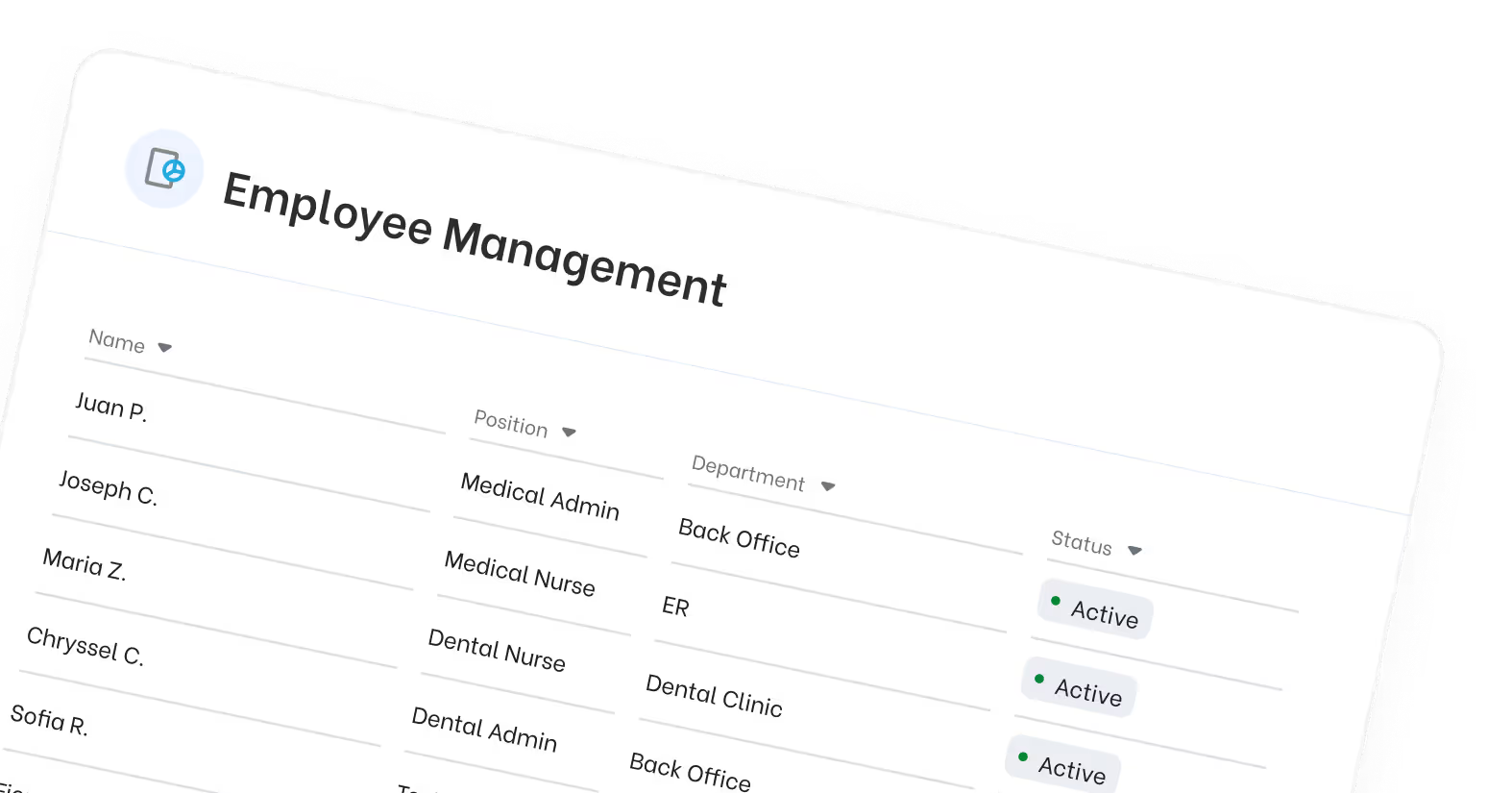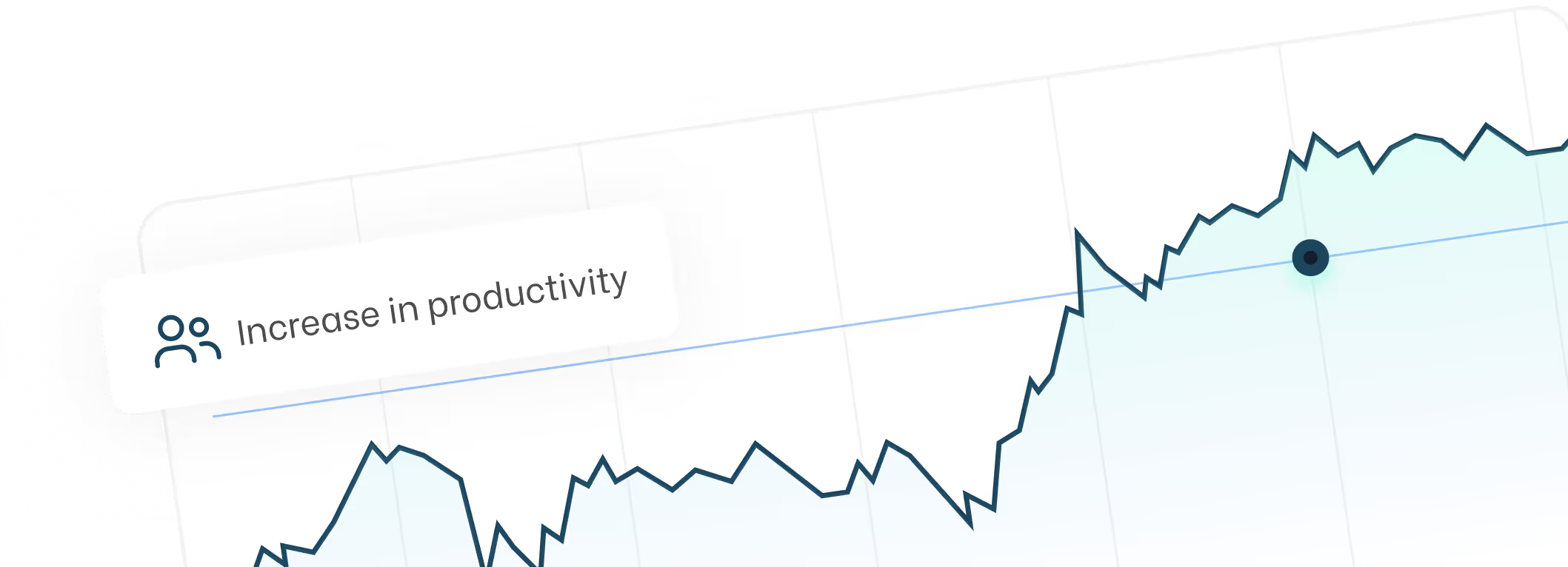How to Implement Cost-Effective Healthcare Outsourcing for Better Care

The healthcare industry in 2025 is confronting a new wave of financial and operational pressure. From rising costs and workforce shortages to increased demand for regulatory compliance and real-time data management, today’s healthcare providers are navigating a complex healthcare landscape.
In response, many healthcare organizations are turning to a powerful solution beyond just trimming budgets: healthcare outsourcing. What was once seen as a stopgap for administrative overflow has evolved into a strategic outsourcing model that supports better patient outcomes, boosts operational efficiency, and enables high-quality care delivery at a sustainable pace.
By outsourcing non-core functions, such as medical billing, medical transcription, and revenue cycle management, to trusted outsourcing providers, healthcare businesses achieve significant cost savings, reduced operational costs, and free up internal teams to focus on delivering quality patient care.
Success ultimately depends on making the right decision to outsource and knowing how to implement cost-effective healthcare outsourcing that protects data, improves outcomes, and ensures accountability.
What is Outsourcing in Healthcare?
Outsourcing in healthcare refers to delegating specific non-core functions to external vendors or virtual teams. This enables healthcare providers to allocate more resources and time to patient-centered care. These outsourcing services may include medical billing, medical transcription, insurance verification, scheduling, and revenue cycle management.
Instead of being bogged down by time-consuming administrative tasks, healthcare workers can focus on their primary goal, improving patient outcomes and delivering high-quality care.
As the healthcare sector evolves, so does the demand for scalable, compliant, and cost-efficient solutions. That’s why more healthcare companies, medical providers, and even medical institutions are exploring healthcare outsourcing services to meet rising demands without expanding overhead. Whether improving data management, ensuring data security, or reducing infrastructure costs, outsourcing providers offer specialized support to meet modern healthcare organizations’ regulatory and operational needs.
Recent market insights reinforce this shift:
- The global healthcare outsourcing market is projected to reach $312 billion by 2025.
- Over 90% of healthcare executives pursue cost savings through third-party partnerships.
- Over 90% of U.S. hospitals have already implemented outsourcing for at least one function.
- 54% of healthcare CFOs believe outsourcing services increases efficiency and improves financial health.
- Nearly 75% of hospitals with over 300 beds, and even more with fewer beds, outsource IT services and administrative support.
As operational costs continue to rise, healthcare facilities must consider how partnering with reliable outsourcing firms can help them streamline operations, improve patient satisfaction, and support sustainable growth.
What Are the Benefits of Outsourcing in Healthcare?
While reducing costs remains a leading motivator for healthcare providers, the benefits of healthcare outsourcing extend far beyond the bottom line. From improved patient outcomes to increased operational agility, healthcare organizations embracing outsourcing are discovering long-term advantages that enhance clinical and administrative performance.
Here are some of the most impactful benefits:
1. Access to Skilled Professionals
In today’s talent-strained healthcare industry, sourcing qualified candidates for roles like medical billing specialists, coders, or administrative assistants is an ongoing challenge. Outsourcing providers give healthcare companies direct access to specialized professionals trained in healthcare operations, helping to reduce recruitment costs and speed up onboarding.
With 71% of healthcare financial leaders reporting difficulty hiring, access to global talent is one of the most significant benefits of outsourcing.
2. Enhanced Focus on Patient Care
By offloading repetitive administrative responsibilities such as medical transcription, scheduling, and revenue cycle management, healthcare staff can redirect their energy toward high-quality care delivery and patient-centered care.
This shift doesn’t just boost internal morale; it directly contributes to better health outcomes, higher patient satisfaction, and a stronger reputation for your organization.
3. Cost Reduction and Operational Efficiency
Partnering with a reliable outsourcing firm allows healthcare businesses to lower administrative costs, minimize fixed costs, and reduce operating costs. In many cases, healthcare outsourcing services have demonstrated up to 70% in cost savings compared to in-house hiring.
Beyond the numbers, outsourcing helps streamline operations through better workflow management, optimized resource allocation, and reduced overhead, enabling organizations to grow without compromising care standards.
4. Secure and Scalable Data Management
Data management is one of modern healthcare services’ most critical and complex components, from electronic health records to claims processing. High-performing outsourcing partners use advanced technology and proven protocols to ensure data security, accuracy, and HIPAA compliance.
This is especially valuable for medical providers handling sensitive patient information who need a scalable, secure solution to manage increasing data demands.
The bottom line? Strategic outsourcing in healthcare empowers organizations to deliver quality patient care, maintain regulatory compliance, and stay financially resilient while navigating a rapidly shifting healthcare landscape.

How Do You Best Implement Outsourcing in Healthcare?
Implementing cost-effective healthcare outsourcing is essential for any organization looking to remain competitive while improving care delivery. For many healthcare providers, the goal isn’t just to reduce costs, it’s to do so in a way that aligns with compliance, security, and patient-first values.
Here’s a structured approach that enables healthcare organizations to integrate outsourcing effectively:
1. Identify Tasks to Outsource
Begin by auditing your internal operations to determine which tasks external teams can handle more efficiently. Look for labor-intensive or repetitive functions that pull time away from direct patient care. Common functions ideal for outsourcing include:
- Medical billing
- Medical coding
- Medical transcription
- Revenue cycle management
- Claims processing
- Insurance verification
- Front desk scheduling and coordination
- Quality control and auditing
By outsourcing non-core functions, healthcare facilities can lower administrative costs, enhance internal productivity, and redirect staff time toward improving patient outcomes.
2. Select the Right Outsourcing Provider
Choosing the right outsourcing partner is a critical step. Not all outsourcing companies understand the complexities of the healthcare industry. Seek providers with proven experience in healthcare outsourcing services, a strong track record with medical providers, and evident expertise in regulatory compliance, data security, and electronic health records management.
Questions to ask before committing:
- Do they have case studies with similar healthcare companies?
- Are they HIPAA-compliant and knowledgeable in U.S. healthcare regulations?
- What platforms and advanced technology do they use for secure data management?
- How do they support performance monitoring and reporting?
3. Define KPIs and Success Metrics
Establishing clear key performance indicators (KPIs) ensures your outsourcing strategy remains accountable and measurable. Set expectations around turnaround times, error rates, cost reductions, or claim resolution timelines.
Tracking KPIs allows healthcare organizations to:
- Monitor the performance of outsourcing providers
- Identify areas for continuous improvement
- Justify ROI to stakeholders
- Align operations with long-term strategic goals
4. Build and Maintain Strong Communication Channels
One of the most common pitfalls in healthcare outsourcing is a lack of engagement post-handoff. Successful outsourcing requires proactive, ongoing communication to align internal and external teams.
Recommended practices include:
- Weekly or bi-weekly virtual check-ins
- Shared dashboards for task tracking
- Defined escalation protocols
- Periodic performance reviews with your outsourcing partner
Strong collaboration helps ensure that healthcare services are maintained and optimized over time, supporting operational efficiency and quality patient care.

Ready to Transform Your Healthcare Operations with Strategic Outsourcing?
Healthcare outsourcing is no longer just a trend; it’s a necessary evolution in how healthcare providers manage rising workloads, reduce administrative costs, and deliver quality patient care. While the benefits are substantial, including cost savings, access to skilled professionals, and improved patient outcomes, success depends on the right strategy and outsourcing partner.
The steps outlined above offer a practical framework for implementing cost-effective healthcare outsourcing to enhance your organization’s agility, compliance, and care standards. From identifying the right tasks to outsource to setting measurable KPIs and fostering strong communication, each element is critical to long-term success.
At MedVirtual, we specialize in supporting healthcare organizations with scalable, secure, and HIPAA-compliant outsourcing services tailored to your needs, from medical billing and revenue cycle management to admin support and virtual front-desk staffing.
Let’s help you streamline operations, improve patient satisfaction, and deliver high-quality care without the burden of rising operational costs.
Contact MedVirtual today to explore how our experienced team can support your mission to improve care while driving efficiency.
Frequently Asked Questions
What are the benefits of healthcare outsourcing?
Healthcare outsourcing provides significant cost savings, boosts operational efficiency, and enhances patient care by allowing healthcare organizations to focus on core functions while utilizing specialized providers for non-core tasks.
How do I select the right outsourcing partner?
To select the right outsourcing partner, conduct thorough research on potential providers, assess their expertise, and check references and reviews to ensure they align with your organization’s requirements. This systematic approach is essential for making an informed decision.
How can I ensure data security and compliance when outsourcing?
To ensure data security and compliance, implement strong security protocols, conduct regular compliance audits, and establish comprehensive confidentiality agreements when outsourcing. These measures will effectively safeguard sensitive information.
What are the key areas to prioritize for outsourcing in healthcare?
Prioritizing outsourcing in healthcare should focus on non-core functions such as medical billing, claims processing, and data management, alongside high-cost areas like revenue cycle management. This approach can enhance efficiency and reduce operational costs.
What future trends should I consider in healthcare outsourcing?
It is essential to stay informed about trends such as telehealth, AI, automation, and value-based care models. These will enhance efficiency and improve patient outcomes in healthcare outsourcing. Embracing these developments can lead to significant opportunities in the future.






